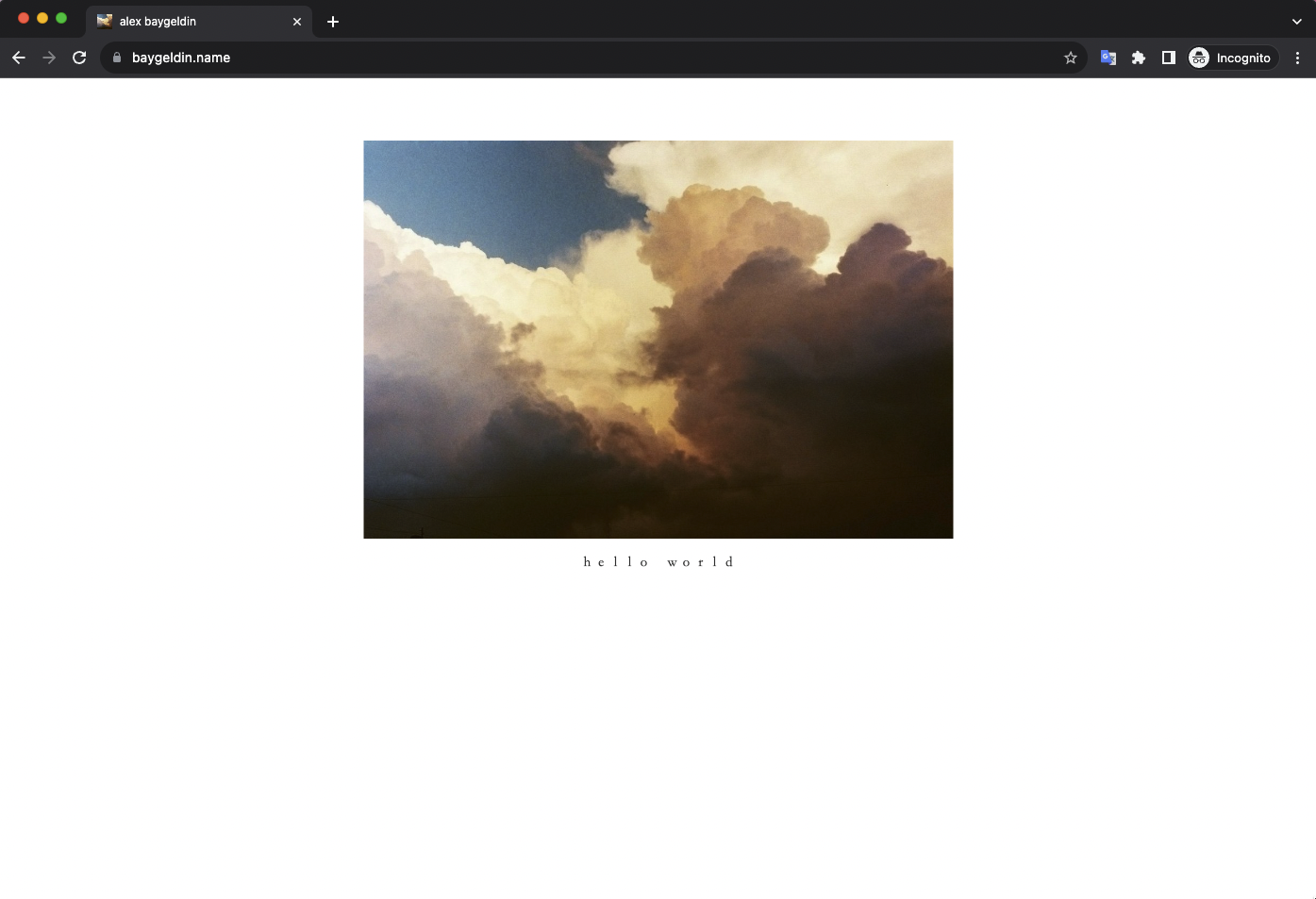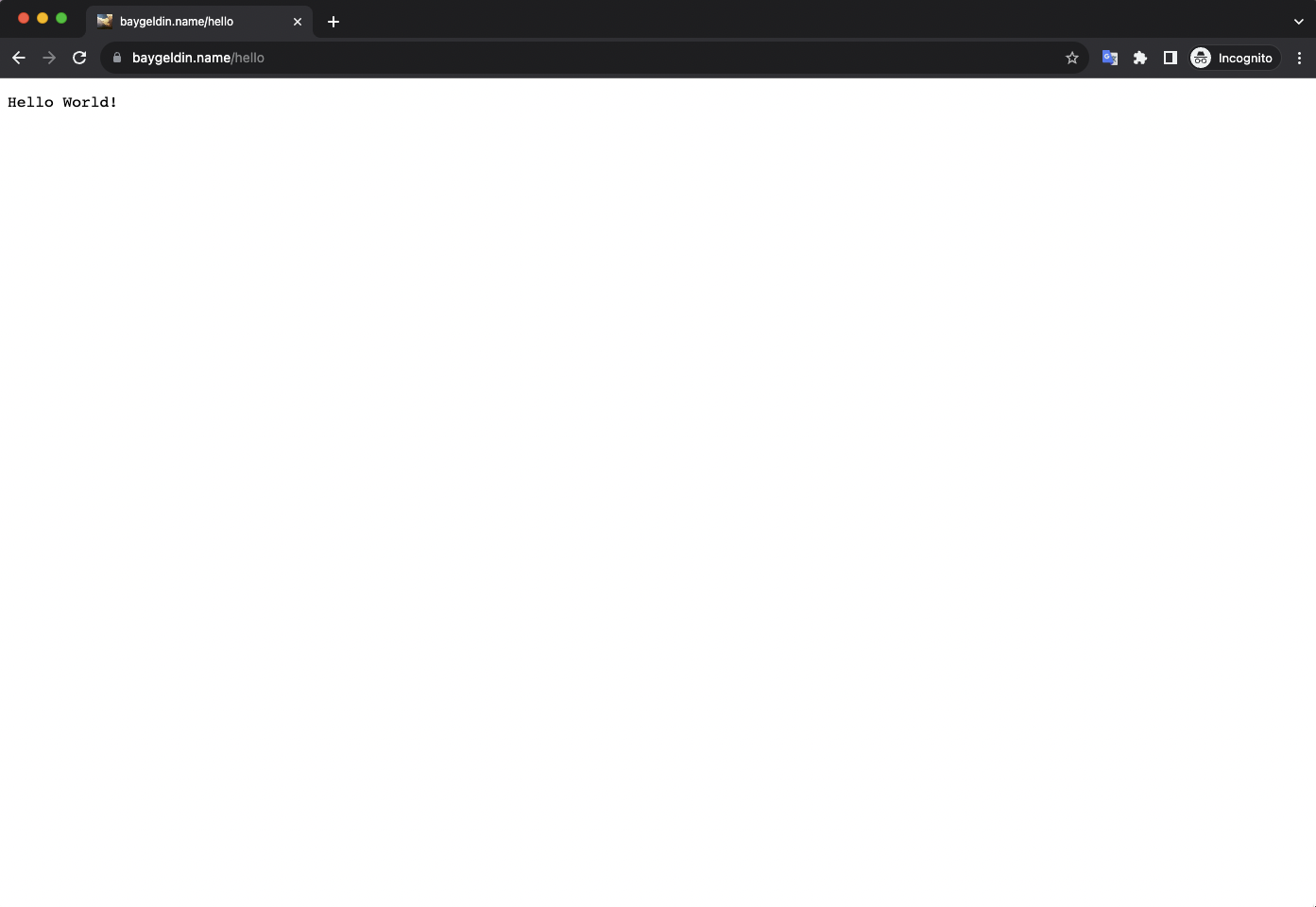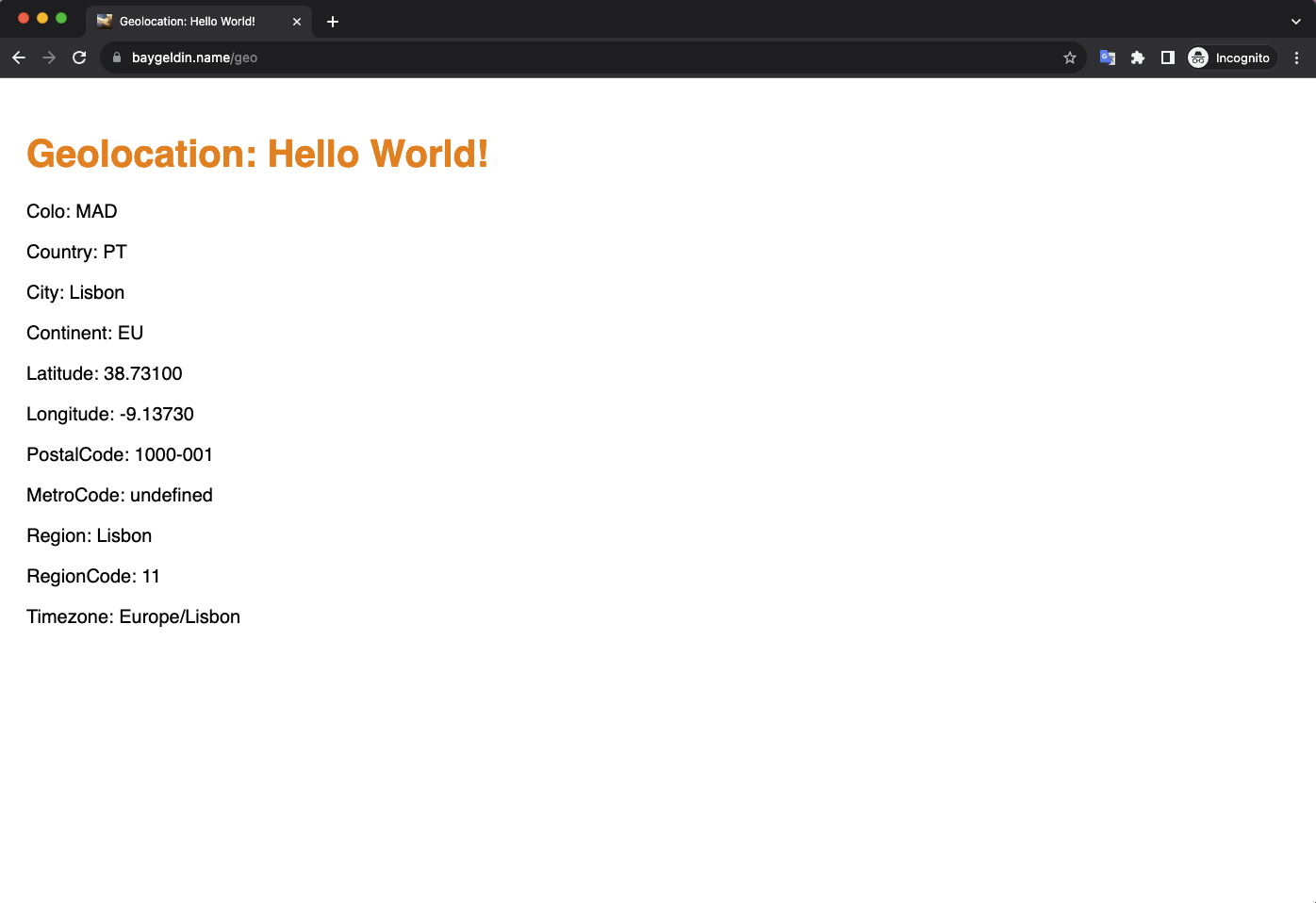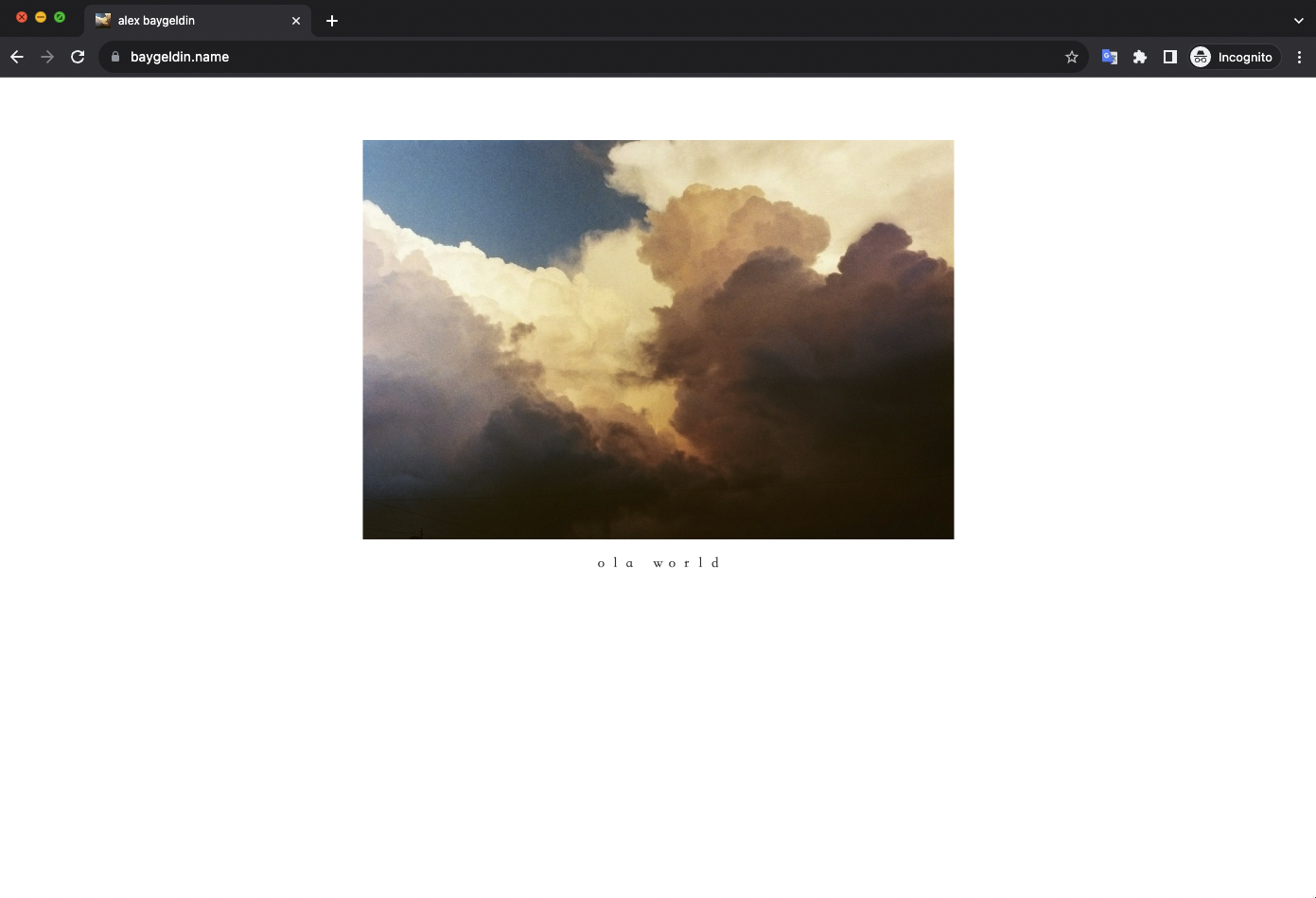Taking the edge off
Demystifying edge computing using Cloudflare Workers
What is edge computing exactly?

serverless
+
emphasis on data locality
=
edge computing
(kind of)
BENEFIT #1
reduced latency ⚡️
Where does it matter?
- healthcare
- self-driving cars
- AI assistants 🤔
BENEFIT #2
saving bandwidth 📉
Where does it matter?
- IoT (Internet of Things)
- smart content delivery
INTERLUDE
cutting
through the hype of
edge
computing

MPA 😎
(good ol' days)
MPA → SPA 😬
MPA → SPA → SSR 😵💫
MPA → SPA → SSR →
MPA? 👀

dynamic content
at the speed comparable to
static content
🚀🚀🚀
BENEFIT #3
DX 🤩
What can we do with this?
- advanced caching
- personalized content
- A/B testing

www.playbook.com
EXAMPLE #1
SSR cache
| Problem | slow SSR responses |
| Solution | serve the CSR version on initial request and cache the SSR version on the edge in the background |
EXAMPLE #2
Canary-like deployment
| Problem | rolling out for everyone is too risky |
| Solution | route part of the user traffic to the canary instance using custom logic on the edge |
EXAMPLE #3
Replacing Nginx
| Problem | Nginx 🌚 |
| Solution | Cloudflare Workers! |
nginx.conf
double-edged sword
(data consistency 😓)
Cloudflare Workers
Storage options
| in-memory | ad-hoc caching between requests |
| Cache API | a bit more flexible CDN caching |
| KV | eventually consistent key-value storage |
| D1 | distributed SQLite database |
| R2 | S3-like blob storage |
| Durable Objects | strong consistency and real-time coordination |
Cloudflare Workers
Features
- no cold starts (
0msworldwide) - cheap (
$0.50per million requests) - WebAssembly support
- Cron Triggers support
- WebSockets support
Cloudflare Workers
DEMO

wrangler.toml
name = "example"
main = "index.js"
compatibility_date = "2023-08-14"
account_id = "<your Cloudflare account ID>"
routes = [
{
pattern = "https://www.example.com/*",
zone_name = "example.com"
}
]
index.js
export default {
async fetch(request, env, ctx) {
return fetch(request)
}
}
LET'S GOOO!
- install Wrangler
$ wrangler login$ wrangler deploy
index.js
export default {
async fetch(request, env, ctx) {
const url = new URL(request.url)
if (url.pathname === '/hello') {
return new Response('Hello World!')
}
return fetch(request)
}
}

const geo = request.cf || {}
let content = ''
content += `Colo: ${geo.colo}`
content += `Country: ${geo.country}`
content += `City: ${geo.city}`
content += `Latitude: ${geo.latitude}`
content += `Longitude: ${geo.longitude}`
content += `Timezone: ${geo.timezone}`
return new Response(content, {
headers: {
'content-type': 'text/plain;charset=UTF-8'
}
})

const rewriter = new HTMLRewriter().on('span#caption', {
async element (element) {
element.setInnerContent('hello world')
}
})
const response = await fetch(request, {
headers: {
'Content-Type': 'text/html;charset=UTF-8'
}
})
return rewriter.transform(response)
async element (element) {
const code = request.cf?.country || 'GB'
const url = new URL(`${env.HELLO_API_URL}/?cc=${code}`)
const response = await fetch(url)
const data = await response.json()
const hello = data.hello.toLowerCase()
element.setInnerContent(`${hello} world`)
}
async element (element) {
const code = request.cf?.country || 'GB'
let hello = await env.KV.get(`${code}-hello`)
if (!hello) {
const url = new URL(`${env.HELLO_API_URL}/?cc=${code}`)
const response = await fetch(url)
const data = await response.json()
hello = data.hello.toLowerCase()
ctx.waitUntil(env.KV.put(`${code}-hello`, hello))
}
element.setInnerContent(`${hello} world`)
}

Cloudflare Workers
Starter pack
- Router (Hono)
- Linter (Standard)
- Tests (Jest & Miniflare)
- TypeScript


